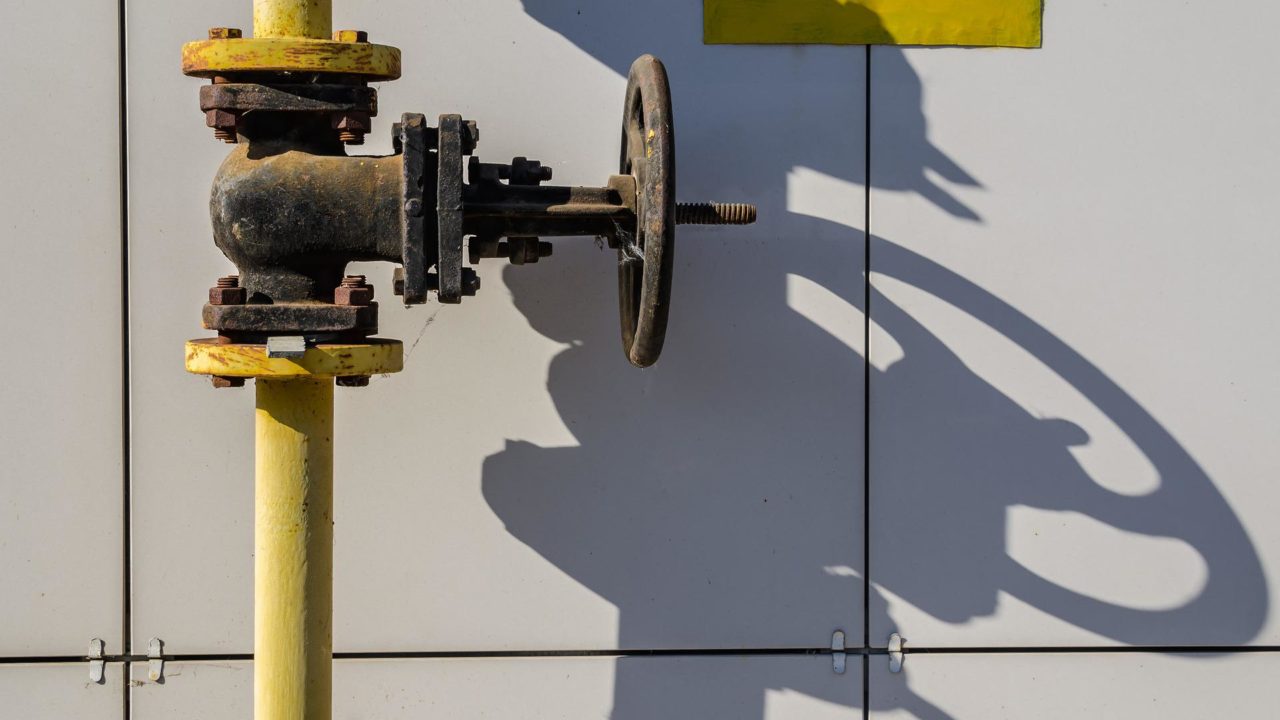The European Commission has today (Wednesday, May 25) announced the establishment of the EU Energy Platform Task Force to secure alternative supplies.
The new task force will enable EU member states and neighbouring countries to have access to alternative energy supplies at affordable prices in the coming years, the commission said.
The task force will start its work next week on Wednesday, June 1, 2022, and immediately tackle tasks outlined in the REPowerEU Plan, according to the commission.
Commissioner for Energy, Kadri Simson said it is time to diversify EU energy supplies and make best use of existing infrastructure. He added:
“The Energy Platform Task Force will contribute to Europe’s energy security and independence. Through the collective political and economic weight of 27 member states and 440 million citizens, we will work to ensure affordable and secure energy imports.”
The new task force will consist of three units; a director; deputy director general Matthew Baldwin; and director general for Energy, Ditte Juul Jørgensen.
Under the political supervision of commissioner Simson, these units will deal with global demand and international negotiations; relations with member states and the neighbourhood; and international relations.
The new task force has been set up within the commission’s Directorate-General for Energy, to provide support for the EU Energy Platform and implement supply diversification.
Supply diversification is one goal set out in the REPowerEU Plan by the European Commission, which aims to end the EU’s dependency on Russian fossil fuels “well before” 2030.
EU Energy Platform
The European Commission and EU member states established the platform in April this year, agreeing that the platform will be a voluntary coordination mechanism supporting the purchase of gas and hydrogen for the EU.
The platform aims to coordinate measures to secure energy supplies for the EU, including through the voluntary common purchase of pipe-line gas, liquefied natural gas (LNG) and hydrogen.
Earlier this month, the commission and Bulgaria set up a first regional task force in coordination with neighbours in the south east of Europe. Further regional task forces, covering central eastern Europe, north west and the Baltics, will be proposed soon.
In the REPowerEU Plan, the commission announced that, as a next step, it will consider the development of a “joint purchasing mechanism” which will negotiate and contract gas purchases on behalf of participating member states.
